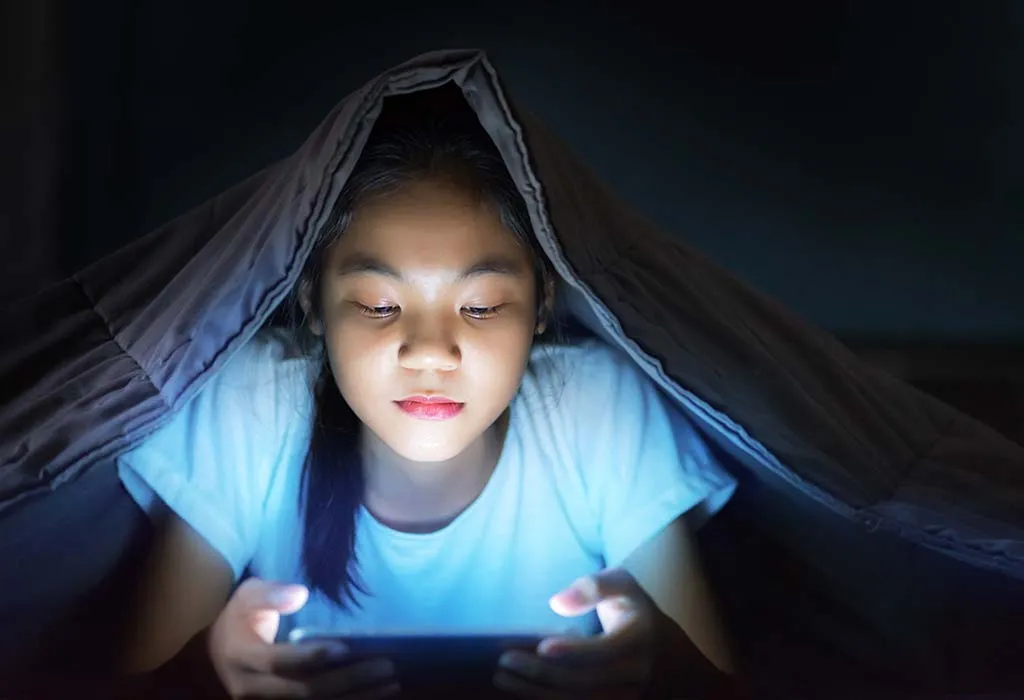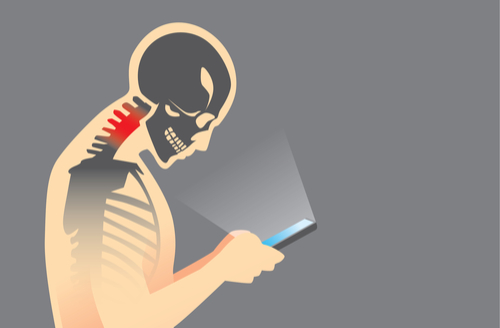In today’s era of seamless digital connectivity, mobile phones have seamlessly integrated into our everyday existence, transforming the very fabric of our communication, work routines, and information retrieval. Yet, as the pervasive adoption of these compact gadgets has surged in recent times, the spotlight on their potential repercussions on our well-being has grown brighter. In the forthcoming discussion, we embark on a journey to uncover the true effects of mobile phones on our health, dispelling misconceptions along the way.

Radiation Concerns:
One prevalent concern tied to mobile phones revolves around potential exposure to electromagnetic radiation. Mobile devices emit non-ionizing radiation at low levels, a concern for some who speculate about its potential health implications, such as a connection to cancer. Nevertheless, as of my last update in September 2021, the prevailing scientific consensus does not substantiate these assertions. Multiple research endeavors have struggled to establish a definitive correlation between mobile phone radiation and cancer risk. The World Health Organization (WHO) has categorized this form of radiation as “potentially carcinogenic to humans,” yet the evidence remains uncertain and inconclusive.

Sleep Disruption:
Using mobile phones late at night can disturb our sleep cycles, as the blue light emitted from their screens can disrupt our natural sleep-wake rhythm, hindering our ability to drift into slumber. To address this concern, numerous smartphones incorporate a “night mode” that reduces blue light emissions during nighttime. Furthermore, adopting healthy sleep habits, like reducing screen usage before bedtime, can aid in alleviating this problem.
Digital Eye Strain:
Engaging with mobile devices late into the night can disrupt our sleep patterns, given the interference caused by the blue light emitted from their screens, which can disturb our innate sleep-wake cycle, making it challenging to ease into a restful slumber. To tackle this issue, many smartphones now feature a “night mode” that minimizes blue light emission during nocturnal hours. Additionally, embracing good sleep practices, such as limiting screen time before bedtime, can significantly contribute to mitigating this concern.
Text Neck and Poor Posture:
Frequent use of mobile phones, particularly for texting and browsing, can contribute to poor posture and neck strain. This phenomenon, often referred to as “text neck,” occurs when people hunch over their devices for extended periods. To avoid this, it’s essential to maintain proper posture and take breaks to stretch and relieve neck and back tension.
Mental Health Implications:
Mobile phones wield a dual-edged influence on mental well-being, with their capacity to offer seamless access to social networks, information, and entertainment bolstering our psychological health, while their potential for overindulgence, especially within the realm of social media, has been linked to heightened stress, anxiety, and a pervasive sense of inadequacy. Maintaining a harmonious equilibrium and cultivating mindful mobile usage is imperative for safeguarding our mental equilibrium.
Addiction and Distraction:
Mobile phones can be addictive, leading to constant checking and distraction. This addiction, often referred to as “nomophobia” (fear of being without one’s phone), can interfere with productivity, relationships, and overall well-being. Setting boundaries and using features like app timers can help curb excessive phone use.
Conclusion:
Mobile phones have undoubtedly transformed our lives, offering convenience, connectivity, and access to a world of information at our fingertips. While concerns about their impact on health are valid, it’s essential to approach these concerns with a balanced perspective. As of my last knowledge update in September 2021, scientific evidence does not conclusively support the most extreme claims about mobile phone health risks. However, it is wise to use these devices in moderation, practice good habits, and stay informed about any emerging research on the topic to ensure a healthier relationship with our mobile phones.
Read More:- Discovering the Advantages of Hydrating with a Copper Bottle: 20 Ways It Can Benefit You
Read More:- Navigating the Future: Will COVID-19 Return in the Coming Years?


